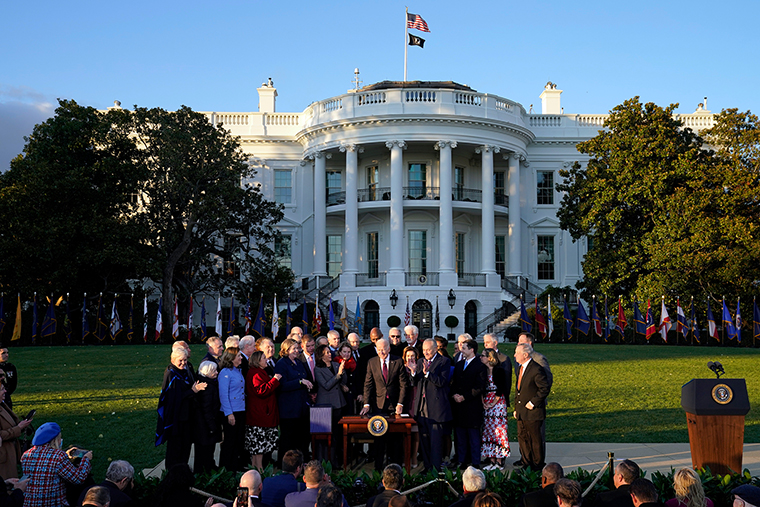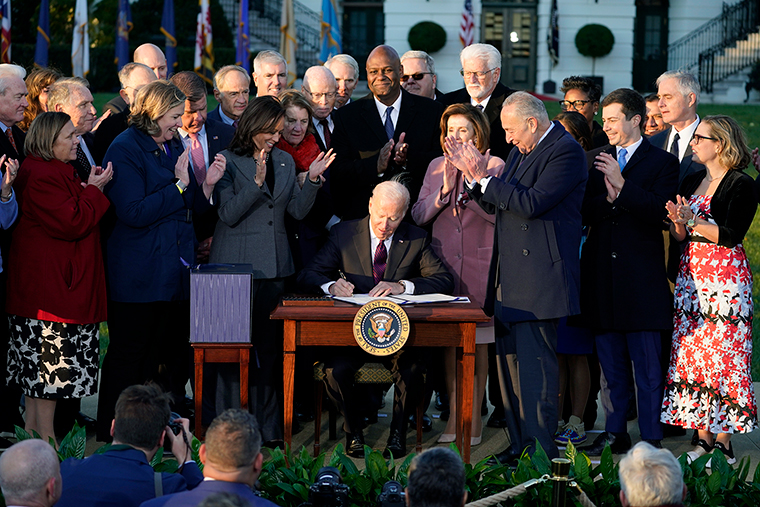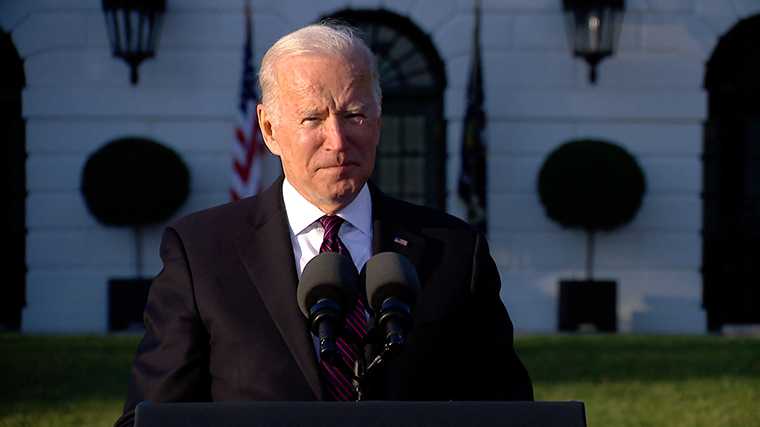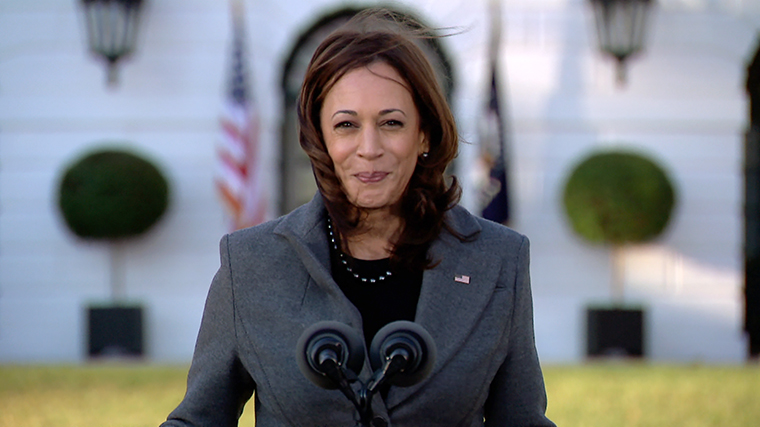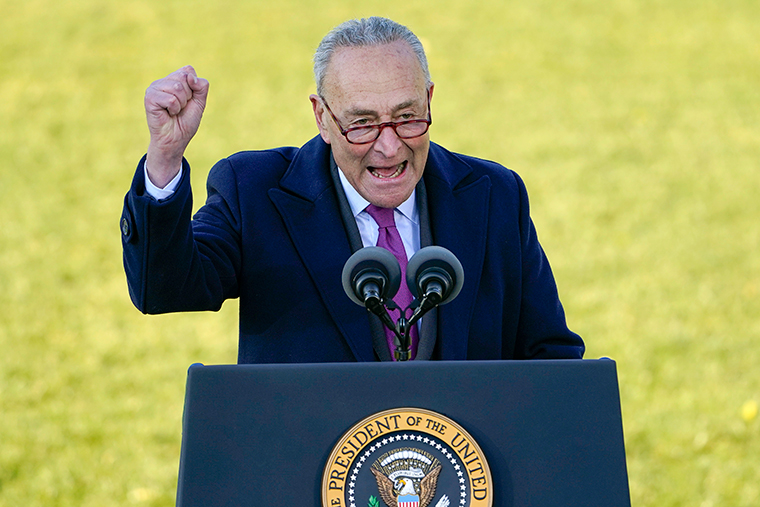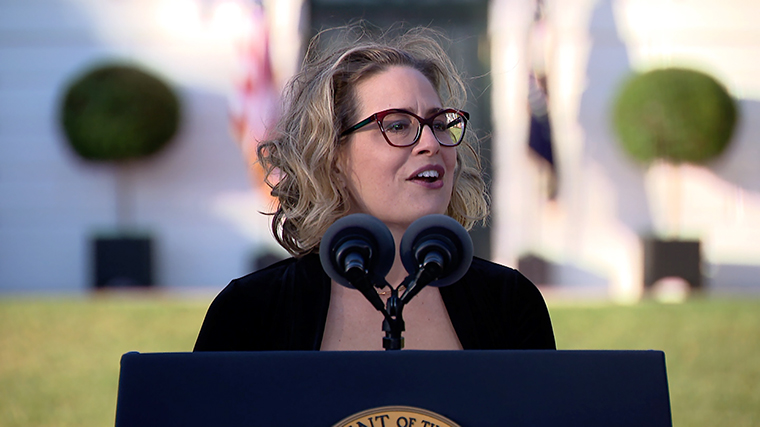While Democratic leaders took a victory lap today to celebrate President Biden signing the bipartisan infrastructure bill, other pressing issues remain for lawmakers when they return for session this week.
All eyes will turn to finishing negotiations on the separate multi-trillion dollar economic bill that would expand the nation's social safety net, as well as on government funding and the debt ceiling, which are both set to expire in early December.
In a letter to Democratic colleagues Sunday, Senate Majority Leader Chuck Schumer said it is "likely" lawmakers will need to pass a continuing resolution — or a temporary extension in funding — to fund the government past Dec. 3, the current deadline.
It's unclear how Democrats will address the debt ceiling deadline after Republican leaders, including Senate Majority Leader Mitch McConnell, have repeatedly stated they will not help with legislation to raise the limit. Republicans have insisted that Democrats must act alone to address the debt limit through a process known as budget reconciliation, which would require no GOP support for passage.
Democrats have argued the issue is a bipartisan responsibility. While Democratic leaders have publicly dismissed the possibility of using reconciliation — arguing the process is too lengthy and unwieldy and that the risk of miscalculation would be too high — as the deadline looms, it could be the only way to address the issue without changing the filibuster, which Sen. Joe Manchin of West Virginia has repeatedly opposed.
Biden's sweeping economic bill remains stalled, with moderate Manchin being the main holdout. He has raised concerns that the bill could add to the country's inflation woes, pushed back on provisions to reduce methane emissions, opposed a Medicare expansion, demanded changes to the tax provisions in the House proposal and resisted measures aimed at helping undocumented immigrants.
And in the House, a group of House moderate Democrats have said they won't vote for the economic bill without a final score from the Congressional Budget Office. The CBO, the federal agency that provides budget and economic information to Congress, said last week it cannot give a definitive date for when it will have a final cost estimate score of the bill. But most Democratic lawmakers still want a vote on the bill this week.
"On a bill of this magnitude, this process takes time and patience," Schumer said in his letter Sunday. "Timing of consideration of the BBBA in the Senate will largely depend on when the House sends us the bill and when CBO finalizes their scores for all of the committees, which are needed to complete the 'Byrd Bath' process."




